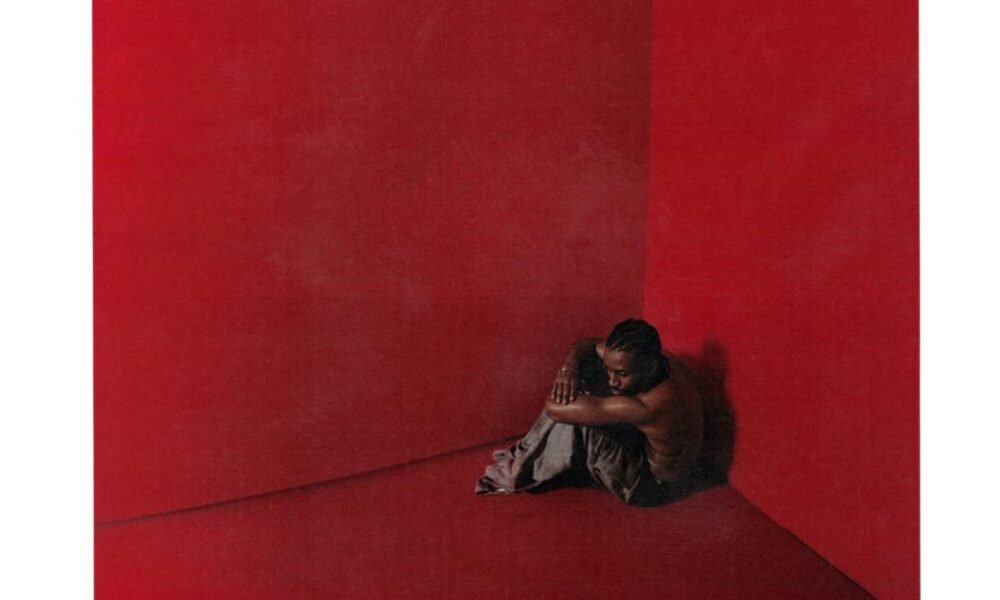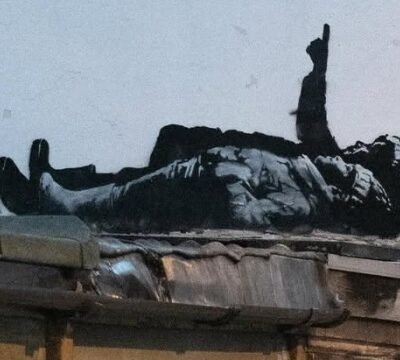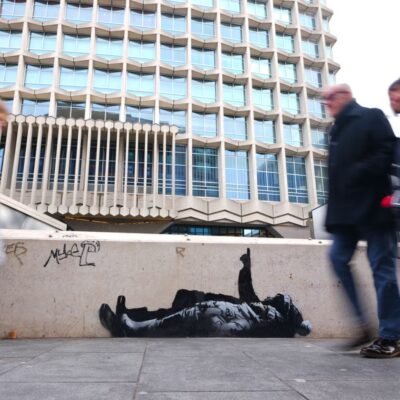
Aus Taylor: If I Died Tomorrow, I Would Be Satisfied
CKE: Now, you’re based in the US. How would you compare creative production there versus in Europe?
AT: I look at America as a video game. I know that it’s just a game, but I still want to play it. I’m always conflicted with America because I have my political beliefs about it, but I’m also from there and my whole family is there. My mother’s side of my family is indigenous, so I’m conflicted with living in America and not living in America.
As far as creative production goes, the way you can create in places such as LA is at a different speed and quality level. Obviously, I’m not inspired by LA. I’m more inspired by European cities and other places in the world. That’s why there doesn’t have to be a reason when I come to Europe. I come here to absorb the energy and bring it back to produce. And, of course, LA still has culture, but that’s Black American culture.
CKE: Aaron Sorkin said that he thinks of LA as a mediated town that you can only view through the fictive framework of its mythologizers, so it’s not actually real—like you were saying, it’s a video game. Do you think that creating under these almost fictive circumstances enables creative work more freedom than being in a comfortable place?
AT: I don’t really seek comfort. I’m not trying push the whole tormented artist narrative, but one of the reasons I can live anywhere in the world is because I feel like I really exist in my mind.
If I were to do an exhibition though, I would want to do it in Europe, just because of the contrast. I think it’s the balance. In certain places such as Sicily, I’m so comfortable that I have no ideas. When I’m in the hood in Baltimore, I see more. Maybe that’s my trauma, but if I’m on a vacation, I’m not really inspired.
You need to experience life and go through conflict and turmoil, but you also need clear spaces to sort through your thoughts, like me being in Berlin right now. It gives me space to download everything that I have been going through. It’s a balance of having comfort and discomfort as an artist.
CKE: So, social struggle inspires you?
AT: No, I would say everything inspires me, not just one particular thing. I’m inspired by all types of shit—memes, a conversation I had at a coffee shop, things from my childhood, things I’ve seen growing up in Baltimore, things I’ve seen in the world. Everything can be inspirational, good and bad things.







No Comment! Be the first one.